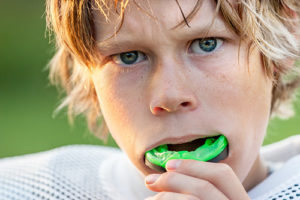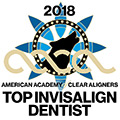
A majority of dental injuries affect the front teeth, but tongue and cheek damage is also a common problem. Whether you’re an Eagles starter or a middle school soccer player, you have to take the proper precautions to protect that smile.
Tooth loss is not only painful, but it could leave you with longterm negative effects and costly repairs. That is of course, unless you want to look like Bobby Clarke with his toothless smile.
How Can You Protect Your Teeth?
If you experience a sports injury to your mouth, speak to your dentist. Even if it seems minor, like a chip, it’s better to take care of the problem before additional damage occurs.
The best way to prevent a mouth injury is to wear proper safety equipment.
- Mouthguards: Wearing a mouthguard is often the best way to prevent injury to your lips, tongue and teeth. According to Colgate, the use of mouthguards in football players is believed to prevent about 200,000 mouth injuries a year.
- Helmets: If you are involved in a sport that involves high speed or risks impact, you should be wearing a helmet. This includes everything from riding a bike, to playing football or hockey. Your helmet should properly fit. Many kids don’t tighten their helmets enough, so it’s important to teach them how to properly wear one.
Mouthguard Required in Youth Sports

- Basketball
- Bicycling
- Boxing
- Field Hockey
- Football
- Ice Hockey
- Lacrosse
- Soccer
- Softball
- Volleyball
- Wrestling
Talk to Your Dentist
If you or your child is going to be participating in a sport, it’s a good idea to talk to your dentist about preventative safety measures. You can also talk to your dentist about getting fitted for a custom mouth guard. Have questions? Contact us.




























